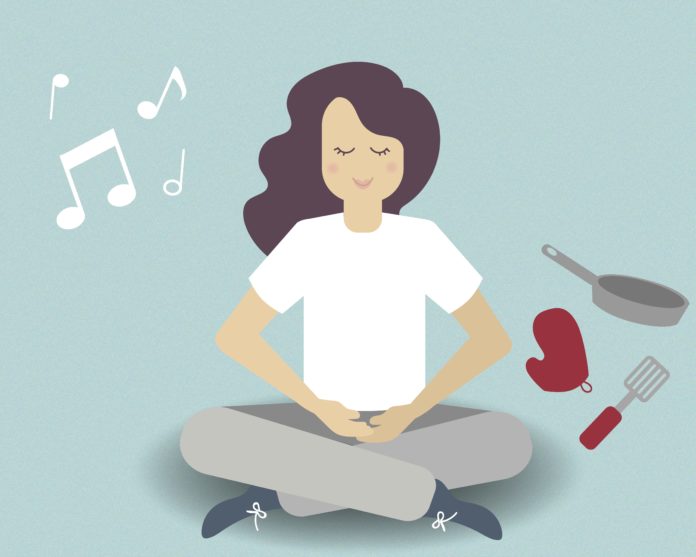At the end of a rough week full of relationship drama, school stress and everything else that life brings, it is natural to want to resort to certain activities or behaviors to comfort yourself.
Relatable posts circulating on social media so often glorify prolonged social isolation and Netflix bingeing, neither of which are necessarily worthy of their romanticization.
There are two types of coping strategies: avoidant and active. While avoidant coping attempts to ignore the issue, active coping acknowledges the stressor and attempts to reduce negative effects of it.
As appealing as brain-numbing, idle activities (such as bingeing, sleeping or isolating) may be, they ultimately worsen your psychological state. Avoidant coping distracts from the reality of issues, which only prolongs problems.
Succumbing to unhealthy vices can be viewed as addictive behavior, according to Psychology Today. Certain activities can become a crutch, creating a pattern of reliance and unconscious obsession. Avoidant mechanisms are most threatening to a lifestyle when they become habitual. The occasional nap or large meal is not at all indicative of harmful coping practices.
As the close of the school year nears and stress builds, re-evaluating your natural reactions to stress may help you deal with tough circumstances. Changing from destructive to productive mechanisms can help empower you in the midst of hardship.
The desire for solitude is a natural reaction to demanding situations. Rather than sulking, time alone can be spent to positively spend time with yourself. Using the opportunity to watch, listen to, or do something you’ve been meaning to communicates to yourself that your time is valuable.
For the junk food cravings, opt for cooking rather than going through a drive through. Homemade food is typically cheaper and healthier than restaurant-prepared meals too, so there is no guilt in impulsive overspending or overindulgence. The act of cooking itself can be therapeutic and create a sense of accomplishment.
When the angst is begging to be hammered out on a keyboard onto a social media post, release it on a less public platform. Journaling and painting allow for the same flow of thoughts and emotions from your head to your hands. In using a more private medium, you avoid publicizing anything your future self may regret. The expression becomes more about your self-healing and inner processing and less about instigating gossip or drama.
If you feel aggression building, unleash it in exercise rather than violence. Studies find that exercise can have a cathartic effect. Physical activity releases endorphins which trigger positive feelings. Completing a workout also creates a sense of satisfaction.
There will be days you will treat yourself to a burger, let loose on a tweet or bail on a social event. There are times you’ve got to do what you’ve got to do. When you do something that may not have been the most productive course of action, give yourself grace, too. The healthiest form of coping is self-care that displays resilience.






